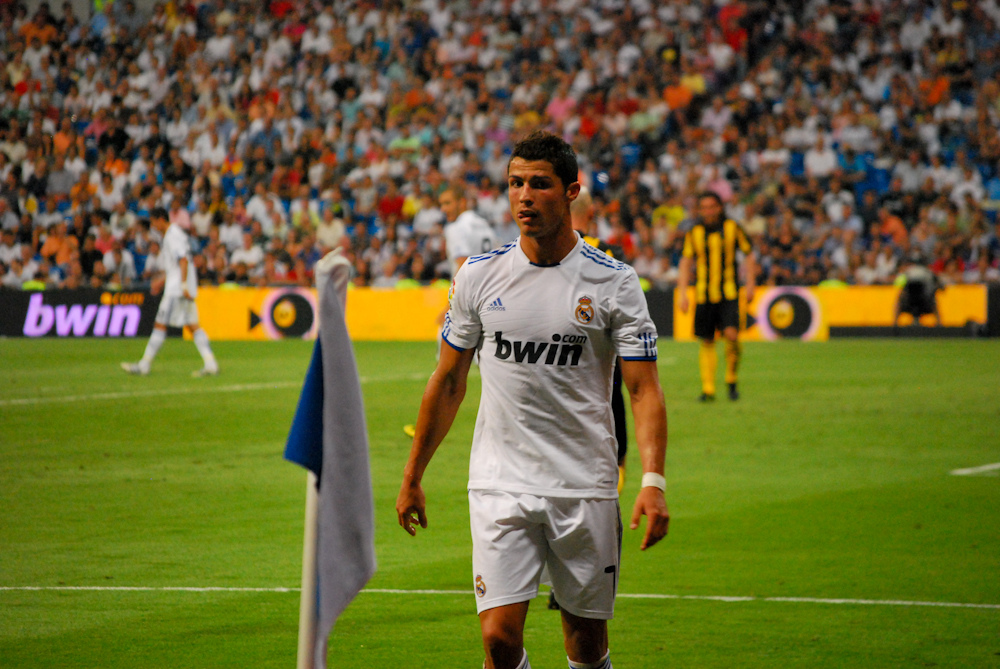Athletes are as much under the public eye as our film and music megastars, their every move being scrutinised by adoring fans and the press. Many of our footballers are now world-famous brands; Cristiano Ronaldo models and has his own underwear range, David Beckham sells perfumes whilst Frank Lampard has launched his own children’s books. In an age in which social media and the press have enabled footballers to take on the role of ‘celebrity’, it could often be asked; has the media gone too far?
Footballers have more to deal with than just their performances on the pitch. Viewed as idols by thousands of adoring fans, each of them must now manage their reputation and engage with their fan base, many of them choosing to do this through a variety of social media platforms. However it can often be difficult to strike the right tone, with many footballers suffering career knockbacks simply because of what they have posted online.
Recently a story broke in which FC Barcelona fired a player that they had signed only hours before due to posts that they had discovered on his Twitter profile. A proud Catalan club, their new signing (Sergi Guardiola) had praised Real Madrid in a post that dates back two years. Two years. This young man had his dream move taken away from him due to an old Twitter post.

So too, AFC Bournemouth chairman Jeff Mostyn recently stated that before signing any potential new players, the club scours through their previous social media posts. Does this not seem a little extreme? The majority of top footballers come to the fore in their early twenties. Should they really be punished this harshly for something that they might have ill-advisedly posted as a young teen?!
Moreover, the ability to send a message directly at just the click of a button has led to many footballers coming under a huge amount of abuse. Yaya Toure infamously received so much racial abuse that he reported it to Greater Manchester Police. So too, Raheem Sterling was the victim of racism online after his move to Manchester City whilst Fabian Delph faced a torrent of online abuse after he left Aston Villa.
It’s clear that sports journalism has undergone an extreme shift. Gone are the days where a journalists job was to report on a game, fans want to know their footballers off the pitch as much as they do on it. This need to create an online presence undoubtedly reflects this shift, but should footballers really need to feel this pressure? It’s time to let footballers be footballers. Let’s judge their athletic talents rather than their ability to create a tweet.

Leave a comment